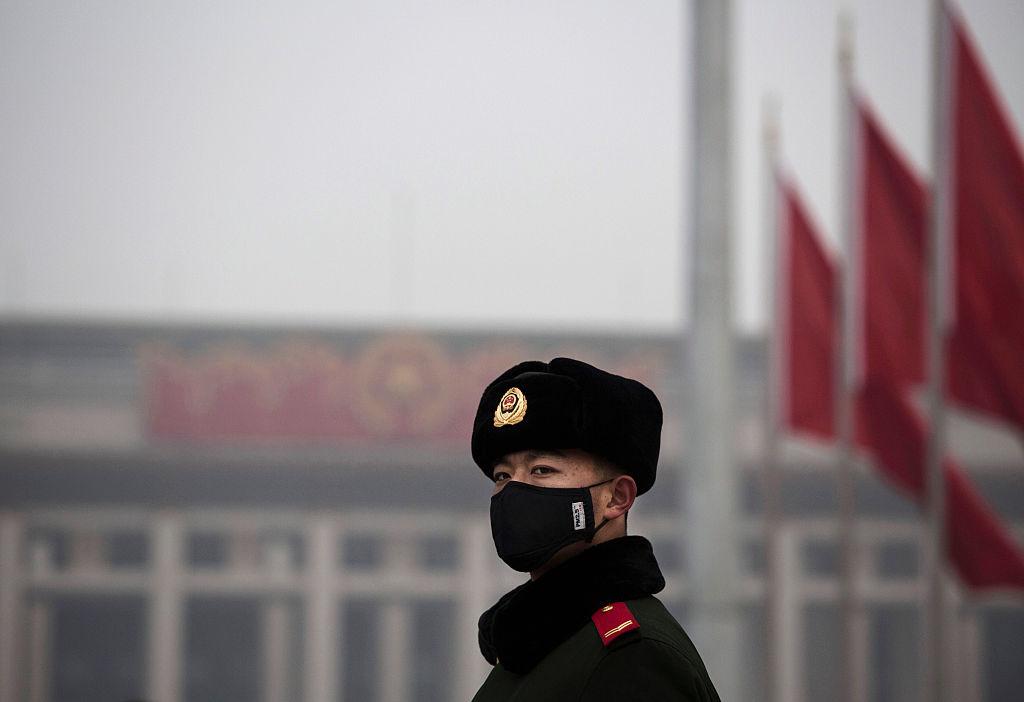The Chinese Communist Party heavily focuses on race in its espionage recruitment. That’s so that when issues arise with prosecuting Chinese spies, the “race card” can be played, triggering sensitivity about discrimination, according to a former senior U.S. Navy intelligence officer.
The CCP uses two primary branches to accomplish racial recruitment of spies: the United Front Department and the Overseas Chinese Affairs Office.





